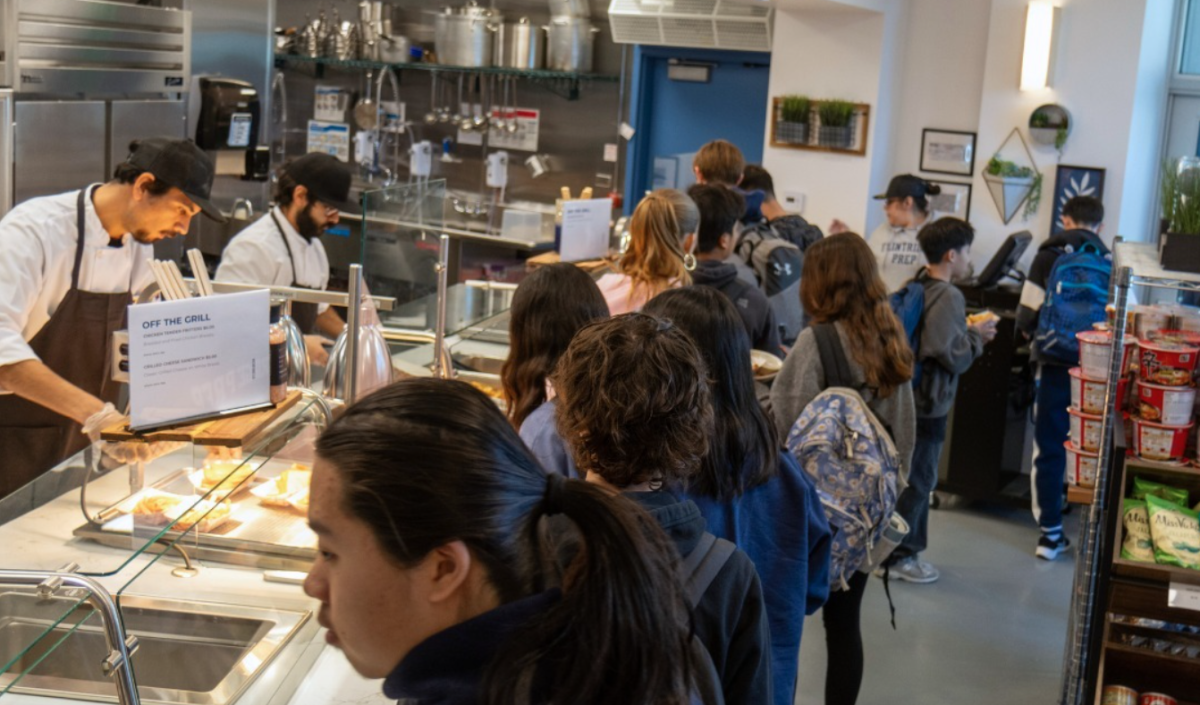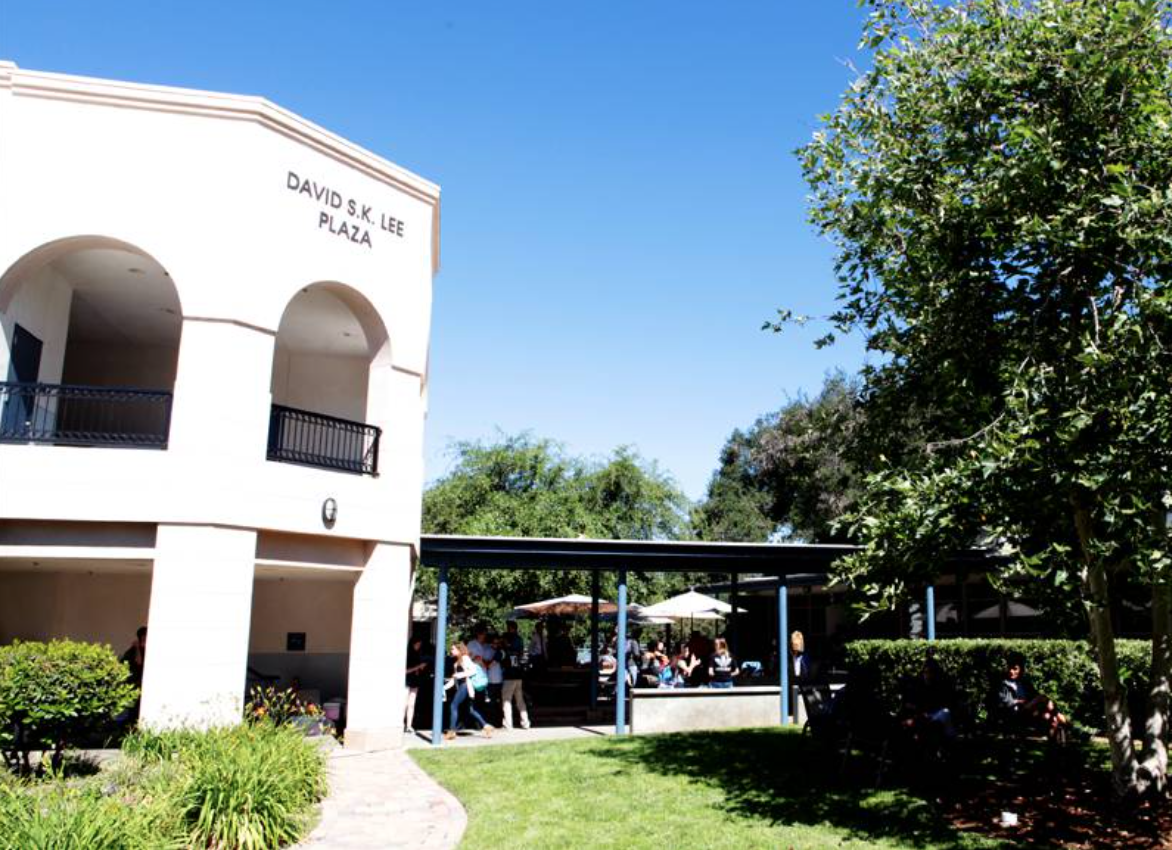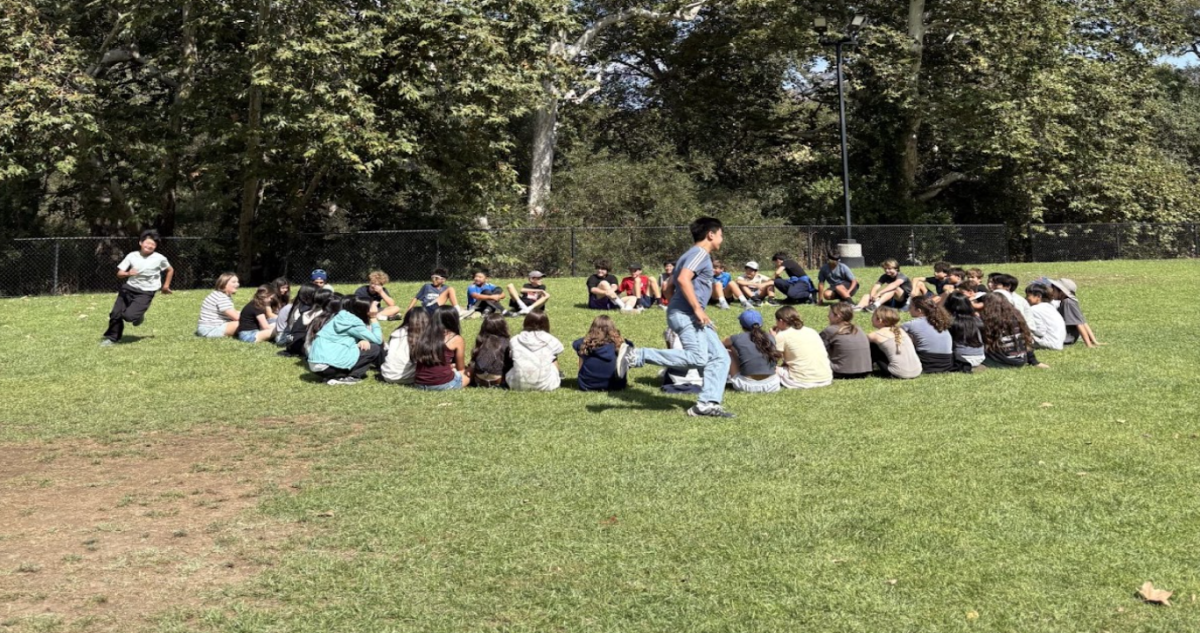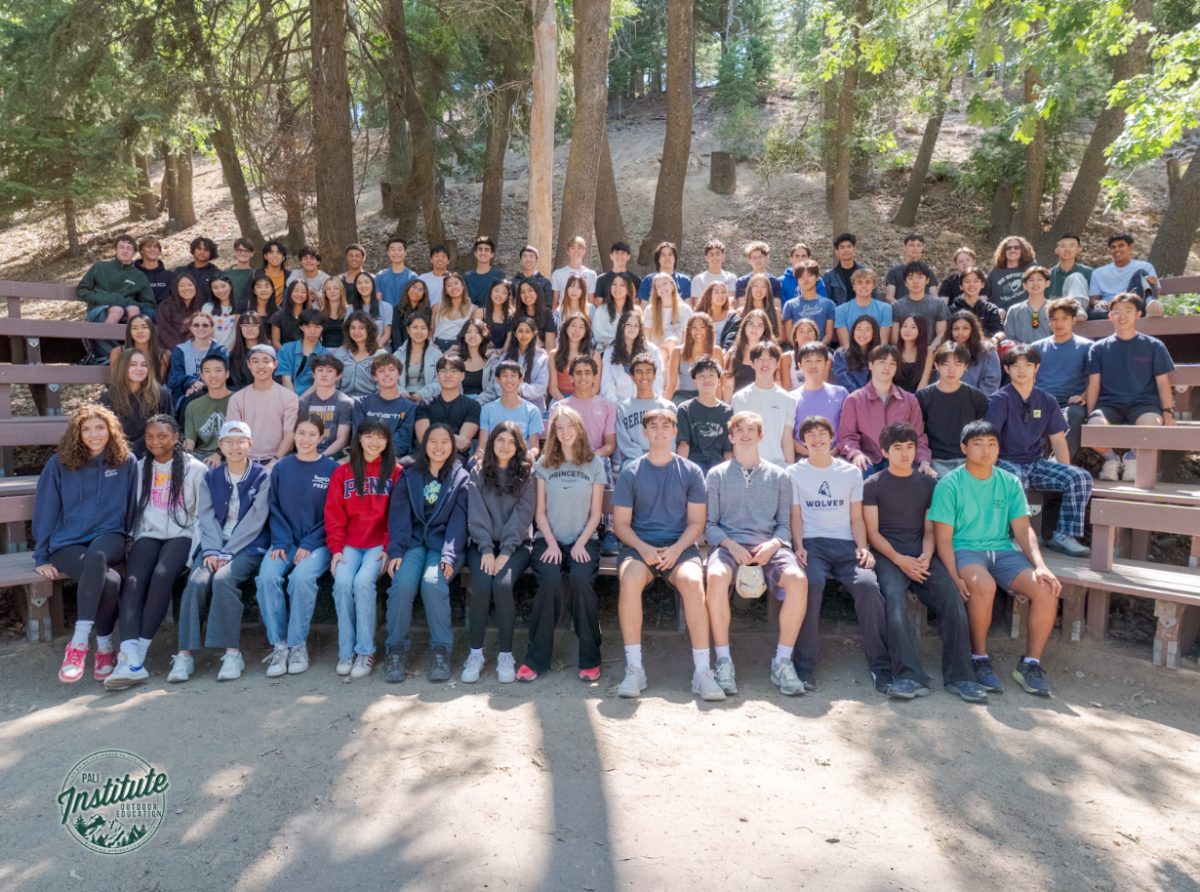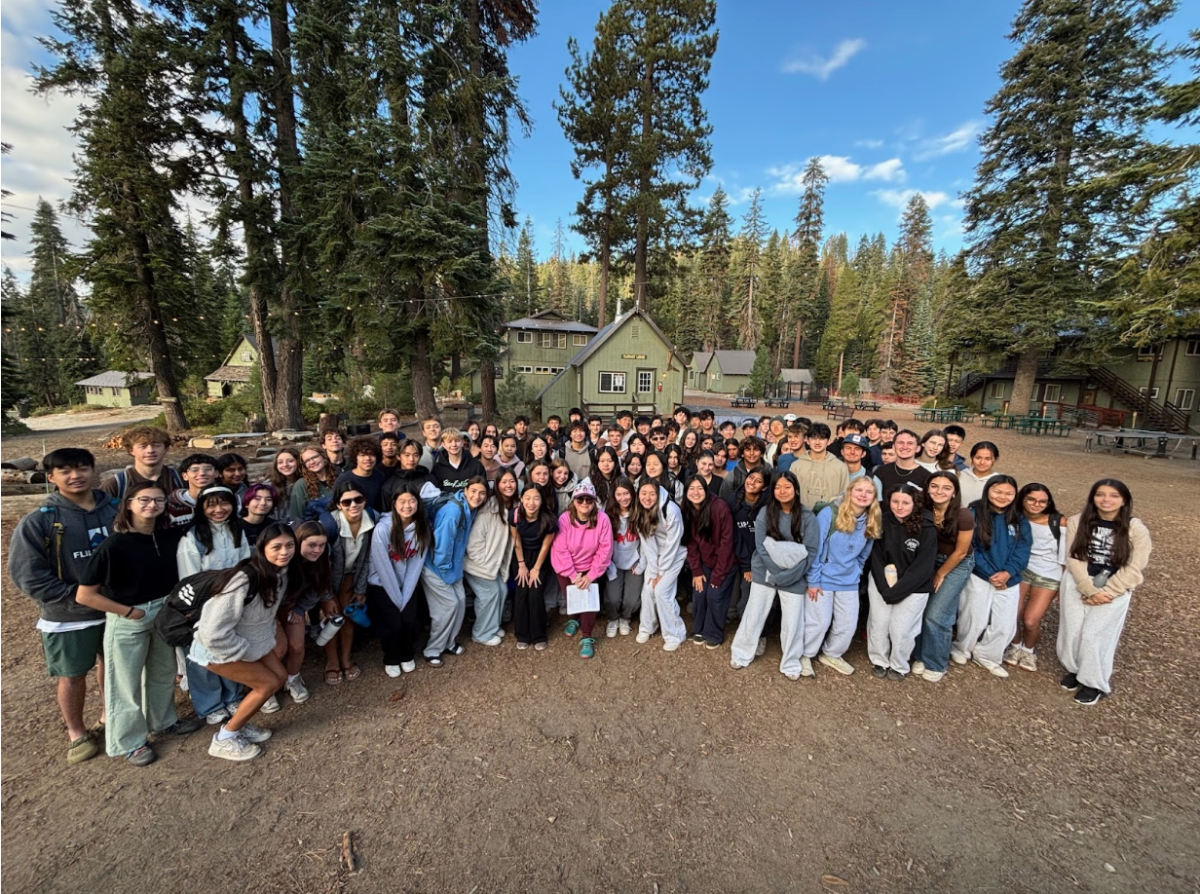For forty years, beloved Flintridge Prep teacher Scott Myers has guided students through Shakespeare’s timeless works, most notably Macbeth, leading round-table discussions on themes like ambition, guilt, and tyranny, and bringing “Is this a dagger I see before me?” to life for generations. With his characteristic wit, passion, and poignant questions, Mr. Myers leads his students through the somewhat archaic language of the 16th century and into the deepest insights of our basic humanity that Shakespeare’s plays so masterfully reveal.
As Mr. Myers winds down his remarkable career, I had the chance to discuss some of his thoughts on Shakespeare and the Bard’s continued place in Prep’s curriculum. Here is our interview, condensed for clarity.
Grace (G): In your opinion, what makes Shakespeare’s work still relevant in the modern world?
Mr. Myers (M): “Shakespeare writes about human conflicts that transcend particular times and places — universal, timeless conflicts. So even though the external circumstances are different from what we experience in our lives, he’s got the human heart struggling with itself in a way that everyone can see a reflection of himself or herself in.
G: Which Shakespeare play do you think has the most relevance to your students today, and why? Or even better, can you provide an example of a character that students can best connect with?
M: Wow. Probably not Macbeth! (Chuckles.) I think the character of Hamlet, because he’s dealing with issues that a lot of young people today deal with — family issues, issues of expectations that are placed on him by not only family, but by society. He also deals with being disappointed with authority figures letting him down and having to come to terms with what he thinks is his purpose for living. I have to say Hamlet.
G: Do you think students’ understanding of Shakespeare’s works has changed over the years?
M: I don’t think so. I think that maybe students today aren’t as accustomed to reading works that, on a stylistic level, are really challenging and written in a language that creates distance between themselves and the word. But I think once people get past that language barrier, the students today really are as capable of seeing a reflection of themselves in the work as students a few decades ago.
G: Do you feel there are any misconceptions that students have about Shakespeare or his works? Or what would you say to a student who might think Shakespeare is outdated or irrelevant nowadays?
M: I would just say, keep an open mind. Don’t judge a work right away simply because you have to struggle with it a little bit. I think maybe we, as a society, have begun to think that if something makes you struggle, it’s not good. But sometimes needing to struggle, whether it’s in the context of an English class or a science class or a history class, the struggle is really how you learn. It’s how you reshape your cognitive categories to level up to a different level of the video game.
G: In what ways do you think Shakespeare’s works challenge or encourage critical thinking in students?
M: People have this notion that there’s something very stodgy and conservative about the values in Shakespeare’s world. And that’s not true at all. He takes those traditional or seemingly conservative values and interrogates them and leaves us with a kind of uncertainty about them. A case in point would be the end of Macbeth — you think, wow, it’s like the Lion King, Simba is the king now, and we’re all good. But you scratch below the surface, and you see, well, no — Shakespeare’s actually very sympathetic to the villains. He’s sympathetic to Scar (he chuckles again), to Macbeth, and to Lady Macbeth. Even though we know that what they’re doing is wrong, on a human emotional level, we can sympathize with why they’re making those moral mistakes. Once you let go of that idea that there is something very conservative and traditional happening in Shakespeare, you see how completely modern he is in questioning and overturning a lot of those expectations.
G: And last but not least, if you could choose one Shakespeare play that every student should read before graduating, which one would it be and why?
M: Oh my! (He pauses and contemplates.) I think that the conflict that Hamlet deals with is the one that’s most like the existential uncertainty that we’re in right now. So maybe I’d go with that, but some of the conflicts in Othello are very similar to the world we live in now… racial animosity and being blinded by idealism. I would say one of those two — either Othello or Hamlet.
G: Fair enough — a tie is ok. Committing to only one would be like asking a parent to choose their favorite child. Thank you, Mr. Myers.
As Mr. Myers wraps up his 40-year career at Flintridge Prep, we find ourselves the last classes to enjoy his baritone insights, inviting queries and deeply infectious love for great literature. For all he has given us the student body during these four decades of service…
“I can no other answer make but thanks, and thanks, and ever thanks.” – Twelfth Night, Act 3, Scene 3

